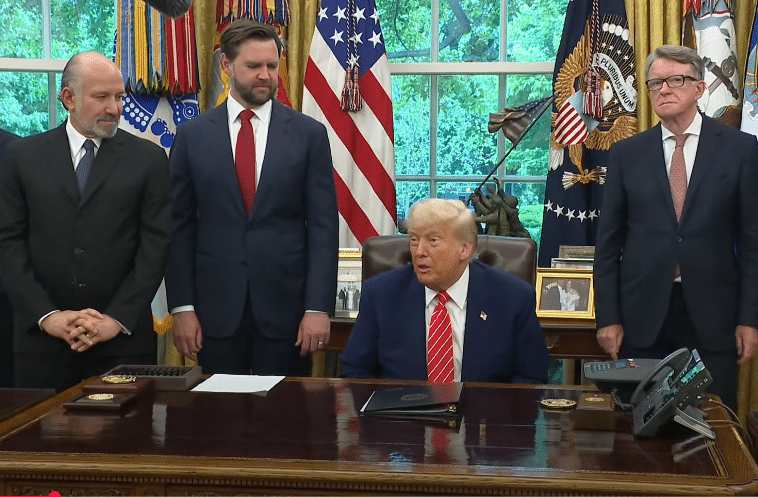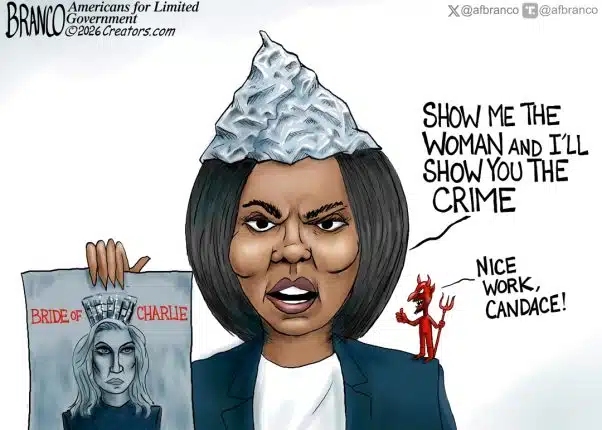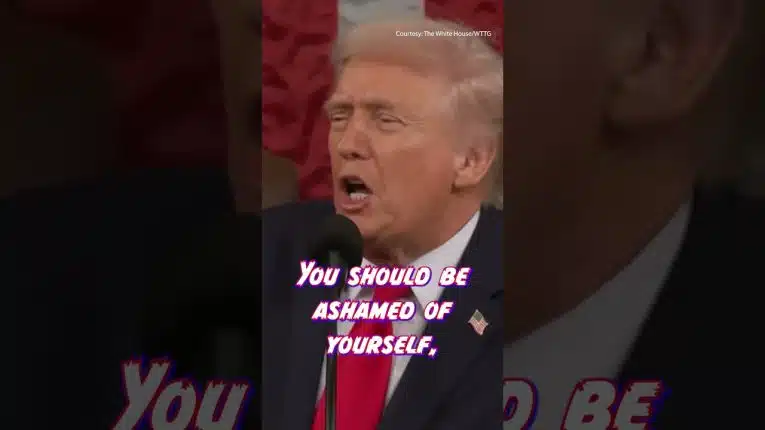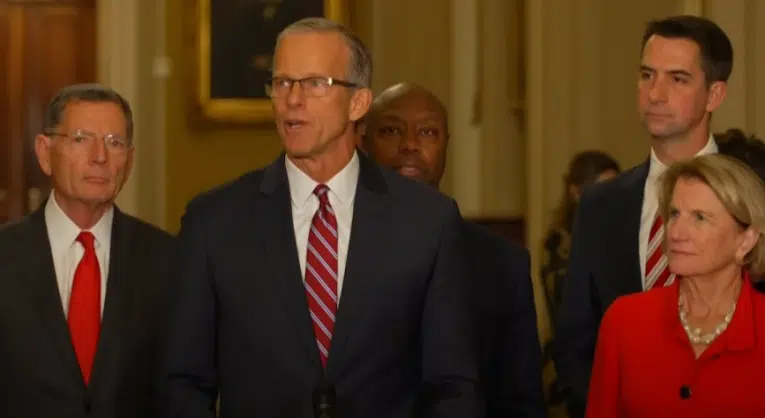
President Donald Trump and United Kingdom (UK) Prime Minister Keir Starmer have concluded a reciprocal trade agreement between the U.S. and the UK on May 8, the first big deal since the President’s announcement of reciprocal tariffs on April 2, without which the agreement would have never happened.
Like other trade deals including the President’s 2020 trade agreement with China, the baseline 10 percent reciprocal tariff rate announced April 2 remained in place for all goods.
The talks were initiated almost immediately after the April 2 announcement, including an April 18 phone call between Trump and Starmer.
Speaking to reporters at the Oval Office, President Trump called it the “first in a series of agreements” to come, saying, “Today’s agreement with the UK is the first in a series of agreements on trade that my administration has been negotiating over the past four weeks. With this deal, the UK joins the United States in affirming that reciprocity and fairness is an essential and vital principle of international trade. The deal includes billions of dollars of increased market access for American exports, especially in agriculture, dramatically increasing access for American beef, ethanol, and virtually all of the products produced by our great farmers… we’ll also receive new market access for American chemicals, machinery, and many other industrial products that weren’t allowed.”
Trump added, “In addition, the UK will reduce or eliminate numerous non-tariff barriers that unfairly discriminated against American products. But this is now turning out, I think, really to be a great deal for both countries because it’ll be really great for the UK also. So, they’re opening up uh the country.”
There are still a few details to be ironed out, Trump said, “The final details are being written up in the coming weeks. We’ll have it all very conclusive, but the actual deal is a very conclusive one. We think just about everything’s been approved.”
And, Trump stated there would be an “economic security alignment” between the two countries: “Furthermore, in a historic step, the deal includes plans that will bring the United Kingdom into the economic security alignment with the United States. That’s the first of its kind.”
On speaker phone was UK Prime Minister Keir Starmer, who hailed the agreement, stating, “Really important deal. This is going to boost trade uh between and across our countries. It’s going to not only protect jobs but create jobs [and] opening market access… [T]here are no two countries that are closer than our two countries. Now we take this into new and important territory by adding trade and the economy to the closeness of our relationship. It is built as you say on those notions of fairness … and reciprocal arrangements. We’ve always had a fair and balanced arrangement between our countries. This builds on that. Hugely important … for sectors like car manufacturing and for steel and aluminum and so many others.”
Per a White House fact sheet on the agreement, the UK increased U.S. access to British markets including for ethanol, beef and other agricultural products and included other details from the deal: “This includes more than $700 million in ethanol exports and $250 million in other agricultural products, like beef. It commits the countries to work together to enhance industrial and agricultural market access. It closes loopholes and increases U.S. firms’ competitiveness in the UK’s procurement market. It ensures streamlined customs procedures for U.S. exports. It establishes high standard commitments in the areas of intellectual property, labor, and environment. It maximizes the competitiveness and secures the supply chain of U.S. aerospace manufacturers through preferential access to high-quality UK aerospace components. It creates a secure supply chain for pharmaceutical products.”
On the President’s Section 232 national security tariffs on automobiles, “an alternative arrangement” was put into place: “Under the deal, the first 100,000 vehicles imported into the U.S. by UK car manufacturers each year are subject to the reciprocal rate of 10% and any additional vehicles each year are subject to 25% rates.”
As for the Section 232 tariffs on steel and aluminum, there will similarly be an “alternative arrangement” bringing the tariffs on British steel effectively down to zero, per the fact sheet: “The United States also recognizes the economic security measures taken by the UK to combat global steel excess capacity and will negotiate an alternative arrangement to the Section 232 tariffs on steel and aluminum. This deal creates a new trading union for steel and aluminum.”
So, both sides gave a little bit, and in the end, the U.S. and UK were able to come to an agreement around the reciprocal tariffs that were affirmed on April 2. It was Trump’s way of saying here’s what the tariffs are if you don’t make a deal — and maybe even if you do. It turns out there were still things to talk about and agree to besides the baseline tariffs. And as Trump indicated, there are many more deals to come — just like he promised. Stay tuned.
Robert Romano is the Executive Director of Americans for Limited Government.






